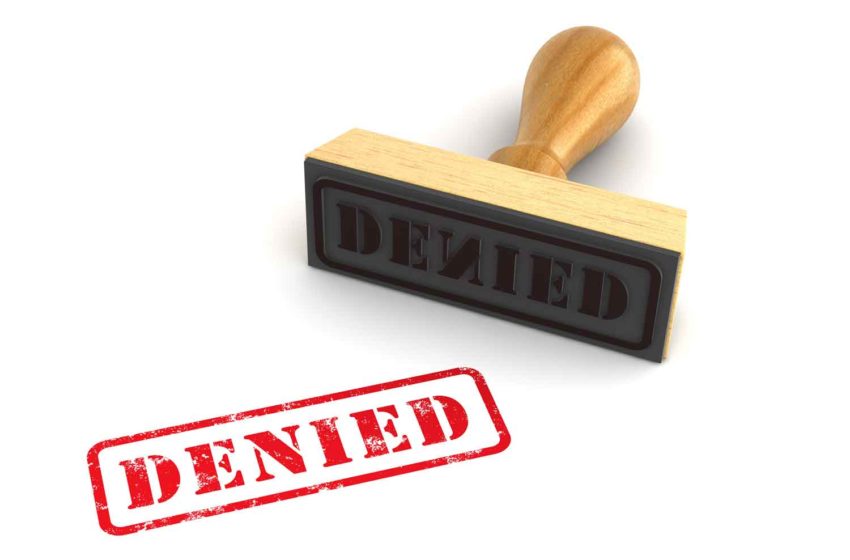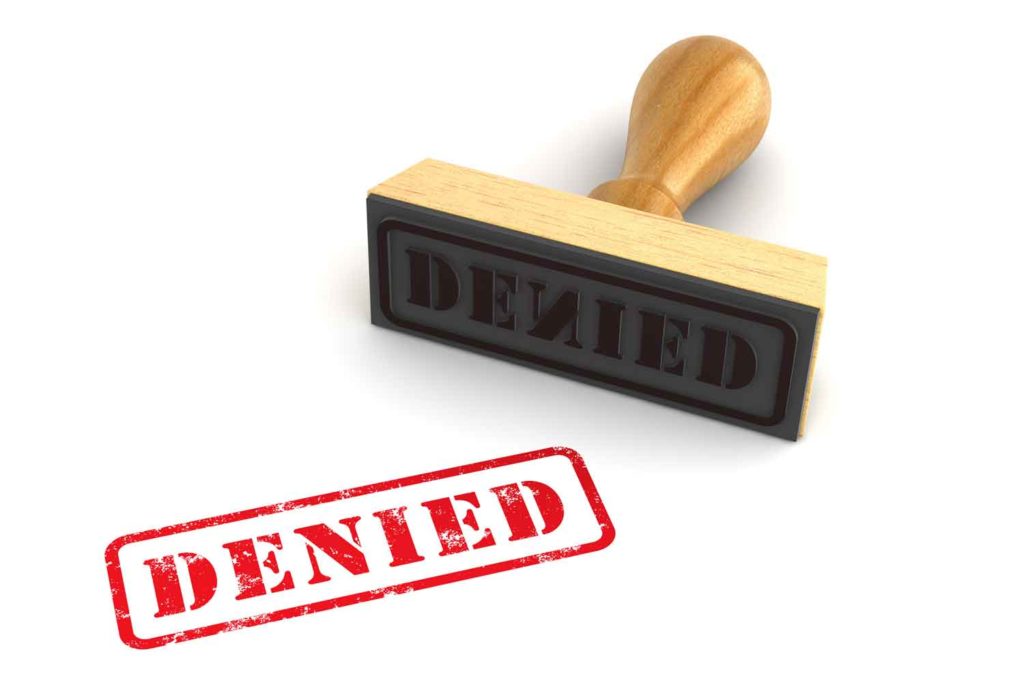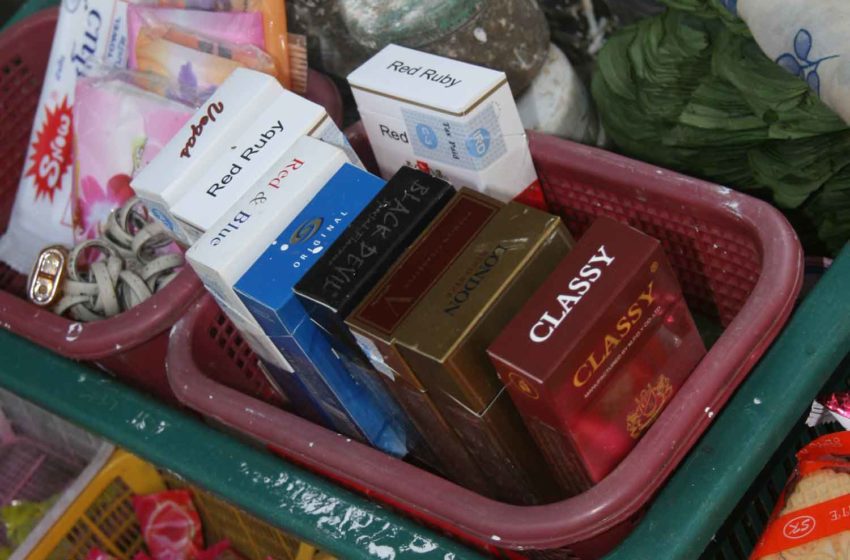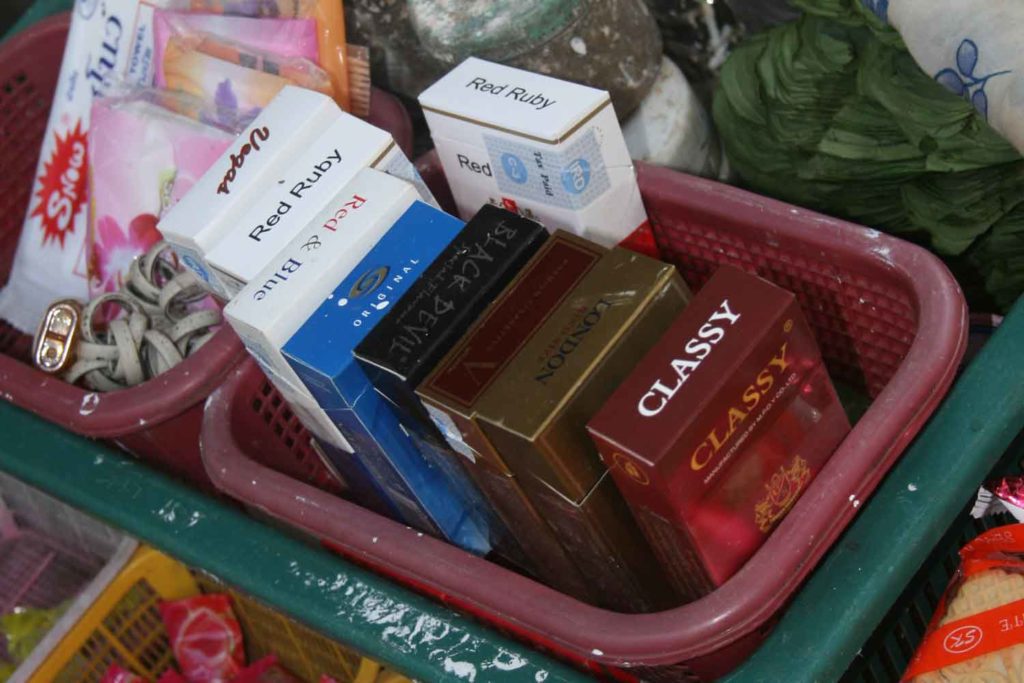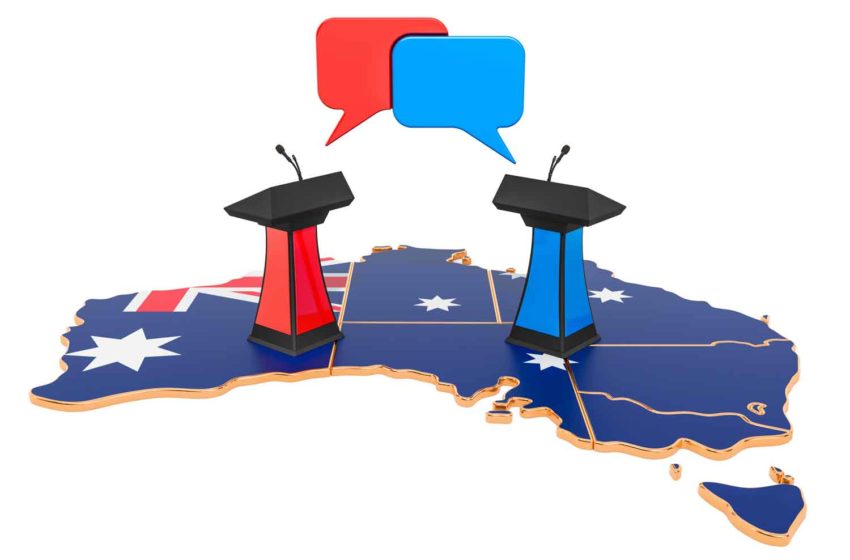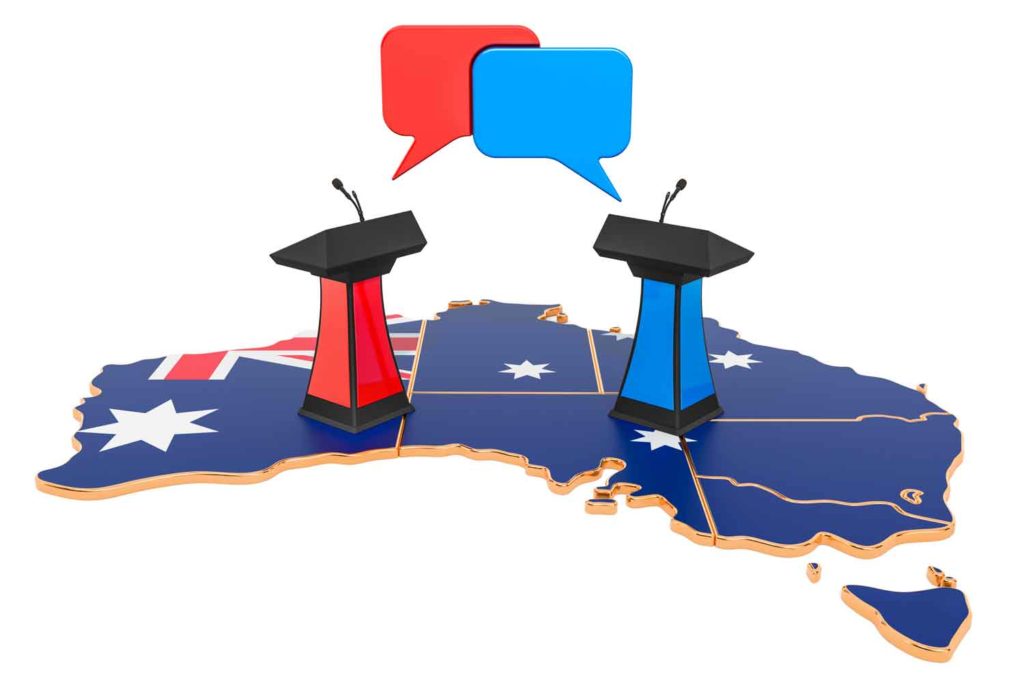Smoore reported revenues of CNY13.75 billion ($2.16 billion) in 2021, up approximately 37.4 percent over the previous year.
The company maintained its position as the world’s largest manufacturer of vaping devices. According to Frost and Sullivan, Smoore’s share of the global vaping devices market increased to 22.8 percent in 2021 from 18.9 percent in 2020.
Smoore attributed its strong performance largely to the success of its flagship FEELM closed-system brand. To date, vaping devices with FEELM atomizers have been exported to 50 countries in Europe, America, East Asia, Africa and Oceania.
Smoore invested more than CNY670 million in research and development during 2021, representing an increase of approximately 59.7 percent over the previous year. “The driving force of the atomization industry is technological innovation, which brings fundamental breakthroughs in product safety and flavor reproduction,” said Smoore Chairman Chen Zhiping in a statement.
As of Dec. 31, 2021, Smoore had filed 3,408 patent applications, covering innovations relating to temperature control, heating elements, leakage-prevention and e-liquid storage, among other technologies.
The company recently set up a risk-assessment laboratory to help customers comply with the EU’s Tobacco Product Directive, along with seven fundamental research centers in China and the United States. It also installed a fully automated production line for vapor product assembly and packaging with a capacity of 7,200 standard vaporizers per hour.
In 2021, Smoore introduced the world’s first ceramic coil disposable pod solution. In January 2022, it showcased the world’s thinnest ceramic coil vape pod solution, FEELM Air in London.
The company has pledged to achieve carbon neutrality in its direct and indirect production and operational activities by 2050.
Frost and Sullivan expects the global market for vaping devices to grow at a compound growth rate of approximately 25.3 percent.



